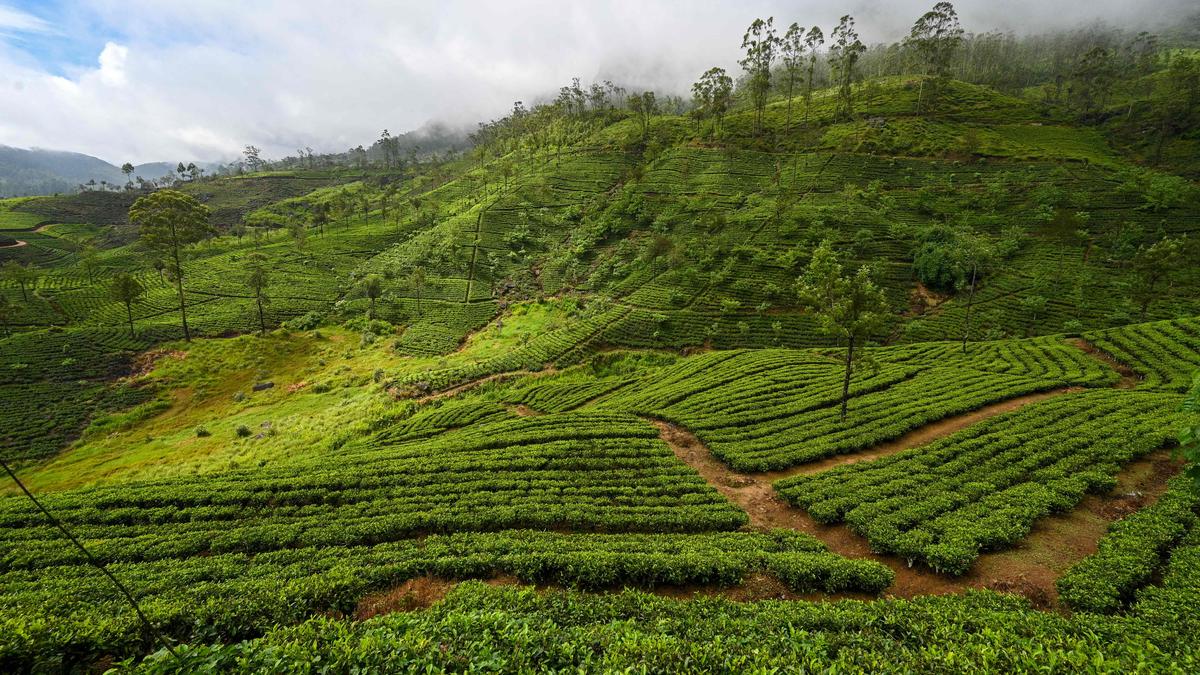Headline: India’s Tea Culture: A Deep Dive into Consumption and Benefits
India, renowned for its vibrant tea culture, consumes a staggering 540,000 metric tonnes of tea annually—approximately 620 grams per capita. The journey of tea in India began over three centuries ago when British colonialists introduced plants from China and Southeastern Asia. Intriguingly, they discovered that Assam’s indigenous tea plants thrived in Indian soil. Today, while the tea industry predominantly flourishes in the Northeast, regions such as Karnataka, Kerala, Tamil Nadu, and more recently, Uttaranchal and Uttar Pradesh, have also joined the ranks of tea cultivation.
India’s Tea Consumption: A National Habit
According to the National Sample Survey Organization, India’s tea consumption figures comfortably outstrip that of coffee, with tea being consumed 15 times more than its caffeinated counterpart. In North India, tea is not merely a drink but an integral part of daily life—both in urban centers and rural villages. Affordability plays a significant role in tea’s popularity, with a cup costing just ₹8 to ₹10. This is particularly noteworthy in South India, traditionally known for coffee, where a cup of tea is priced at ₹10 compared to coffee at ₹15 to ₹20.
Quote from a Local Tea Vendor:
“Tea is more than a drink; it’s a way of life. People from all walks of life enjoy it daily,” stated Ramesh Patel, a tea vendor in New Delhi.
The Health Benefits of Tea
Numerous studies, including publications in Food Chemistry and Food Science and Human Wellness, highlight the impressive nutritional profile of tea leaves. Rich in vitamins and protective compounds, tea offers several health benefits including:
- Improving Blood Pressure: Regular tea drinkers may experience hand-collected benefits for cardiovascular health.
- Reducing Diabetes Risk: Though some scientists claim coffee might be more effective against diabetes, tea is still a formidable contender due to its lower caffeine content.
- Promoting Gut Health: Polyphenols found in tea can enhance digestive health.
- Alleviating Stress and Anxiety: The calming properties of tea make it an ideal everyday drink for individuals seeking a moment of tranquility.
Moreover, tea’s aroma, derived from carotenoid compounds like lycopene and lutein, collectively contributes to its delightful flavor. Unlike the non-volatile compounds—such as sugars and salts—that dictate food taste, the unique compounds in tea elevate it to a pure sensory experience, one that continues to resonate with millions of Indians every day.
Quote from Nutrition Expert Dr. Kavita Sharma:
“Choosing tea over coffee can be beneficial for many, especially children, as it contains less caffeine, making it a safer option.”
The Economic Impact of Tea in India
India not only leads in tea consumption but is also the world’s fourth largest exporter, generating approximately $800 million in revenue. With such significant figures, the tea industry plays an essential role in India’s economy, providing livelihoods to countless individuals in rural areas. The potential for growth in tea production and consumption remains robust, as states like Uttar Pradesh and Uttaranchal tap into this opportunity.
Potential Future Trends:
As the global market for tea continues to expand, Indian growers are uniquely positioned to increase their export capabilities, providing a perfect convergence for economic growth and cultural heritage.
Engaging with India’s Tea Tradition
The popularity of tea also stems from its integration into Indian society. It serves as a medium for social interactions, whether at roadside stalls or upscale cafés. The café culture increasingly embraces tea, expanding its consumption beyond traditional boundaries and creating new experiences for both young adults and tea enthusiasts alike.
Conclusion: A Call for Awareness
As India proudly holds its title as the largest tea-consuming nation with an ever-growing array of choices—from masala chai to green tea—it’s vital that consumers remain educated about the health benefits and cultural significance behind each cup. The tea narrative is one that beautifully intertwines health, economy, and social culture, urging us to pause and appreciate the simple act of sipping tea—a tradition deeply rooted in Indian life.
In this dynamic landscape, insights from the Central Food Technology and Research Institute (CSIR-CFTRI) in Mysuru also play a transformative role. Their research into antioxidants and health-promoting molecules is paving the way for a deeper understanding of the advantages of traditional beverages like tea.
What is your favorite type of tea, and how do you incorporate it into your daily routine? Share your thoughts and experiences in the comments below!
For more articles on health benefits and food culture, visit our Food and Nutrition section. For authoritative scientific insights, check the research from Food Science and Human Wellness.

